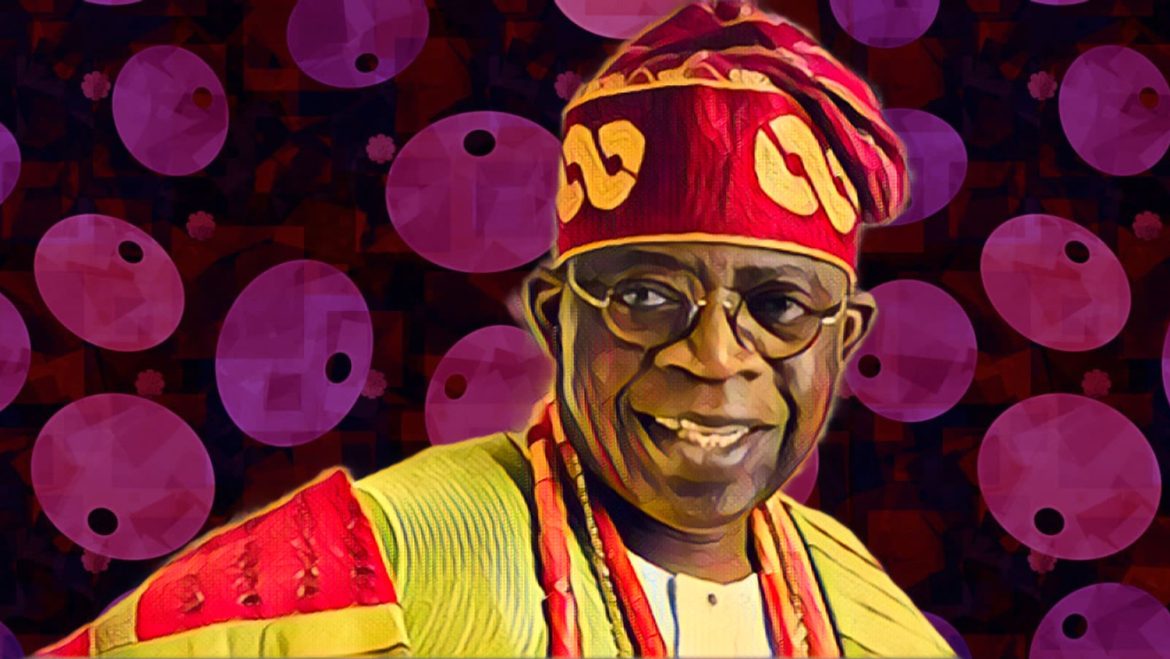The first year of President Bola Ahmed Tinubu’s presidency has been tumultuous, marked by unfulfilled promises, worsening insecurity, a struggling economy, and increasing taxes. Many Nigerians have described this period as a “bumpy ride on a tiger’s tail,” reflecting their disillusionment with the administration’s performance. Despite initial hopes for positive change, Tinubu’s reforms have left the country grappling with numerous challenges.
On his first day in office, President Tinubu removed the petrol subsidy and floated the naira, leading to significant economic hardship for Nigerians. These measures were intended to stabilize the economy but have instead exacerbated existing issues. The removal of the subsidy caused the prices of essential commodities to spike, nearly doubling within hours, while the naira’s value plummeted to around N1500/$, a sharp decline from its previous trading band of N460/$.
The administration has continued to highlight “significant strides” in various sectors, but many citizens remain skeptical. According to John Keynes, economic reforms often cause short-term shocks and social dislocations, promising long-term gains that may never materialize for the current generation.
The cost of living in Nigeria has become unbearable for many. A three-month minimum wage (N90,000) can only buy a 50-kilogram bag of rice, while a daily minimum wage barely covers a healthy diet, as estimated by the National Bureau of Statistics (NBS). Prices of basic food items have soared, making it difficult for families to meet their most basic needs.
Critics have questioned Tinubu’s sincerity, pointing to his June 12, 2023, speech where he acknowledged the economic hardships faced by Nigerians. Despite his claims of empathy, inflation has reached a three-decade high of 33.7%, and the naira has become one of the worst-performing currencies. The promised “renewed hope” remains elusive as the country grapples with rising poverty and insecurity.
Long-term structural issues continue to plague Nigeria’s economy. The country’s misery index, a measure of economic distress from unemployment and inflation, was already high before Tinubu took office. Under his administration, the inflation rate has soared, and the naira has depreciated significantly. The International Monetary Fund (IMF) and World Bank had previously advocated for pro-market reforms and subsidy removal, which Tinubu implemented. However, these measures have yet to yield positive results, and the economic situation has deteriorated.
Public refineries remain non-operational, and the government now relies on the private Dangote Refinery to meet fuel demands. Meanwhile, the Central Bank of Nigeria (CBN) has returned to controlling the dollar, contradicting earlier reforms. The government claims it is paying N600 billion monthly in fuel subsidies, raising concerns that the naira’s depreciation has nullified the intended benefits of subsidy removal.
The judiciary has also faced significant criticism over the past year. Following the contentious February 25, 2023, presidential election, the judiciary’s decision to uphold Tinubu’s victory was met with widespread skepticism. The public questioned the Independent National Electoral Commission’s (INEC) failure to adhere to its own rules, hoping the judiciary would address these concerns. However, the judiciary maintained that INEC’s rules were not laws, leading to further disillusionment.
The judiciary’s reputation was further damaged by allegations of nepotism and corruption in judicial appointments. Senior judicial officers have been accused of favoring their relatives for appointments, undermining public trust. Despite these issues, the National Assembly has passed a bill to increase judicial salaries, providing some hope for improvement.
Insecurity remains a significant challenge for Nigeria. Despite promises to address the issue, banditry, kidnappings, and violent crimes continue unabated. Tinubu’s administration has increased the defense budget significantly, but with little impact on the ground. Security experts argue that piling up military hardware is not effective against non-conventional warfare and recommend dialogue and non-kinetic approaches.
The Nigeria Security Tracker (NST) reported that 543 people died in violent attacks by gunmen in 2023, with numbers almost doubling in the first year of Tinubu’s administration. Over 4,000 people have been reportedly kidnapped since Tinubu took office. Security agencies appear overwhelmed, struggling to realize Tinubu’s vision of a safe and secure nation.
The education sector has seen little progress, burdened by financial challenges and unresolved issues. The delay in implementing the Students Loans Bill, suspension of the school feeding program, and attacks on schools remain significant concerns. Tinubu’s promise to improve education has yet to materialize, with stakeholders criticizing the government’s lack of action.
In June 2023, Tinubu signed the Students Loans Bill into law, aiming to alleviate economic hardships for students. However, the bill’s implementation has stalled, and most tertiary institutions have raised their fees in anticipation of the loan. The government’s allocation to education remains below UNESCO’s recommended 15-20% of the national budget, highlighting the sector’s underfunding.
One year into President Tinubu’s tenure, Nigerians are experiencing significant economic and social challenges. The administration’s reforms have yet to deliver the promised benefits, leaving many citizens disillusioned. The economic situation has worsened, and insecurity remains rampant. The judiciary’s credibility is under threat, and the education sector continues to struggle.
As Nigeria navigates these turbulent times, the government must address these pressing issues with urgency and transparency. Only through concerted efforts and genuine reforms can the country hope to achieve stability and prosperity for all its citizens.
Source: The Guardian


